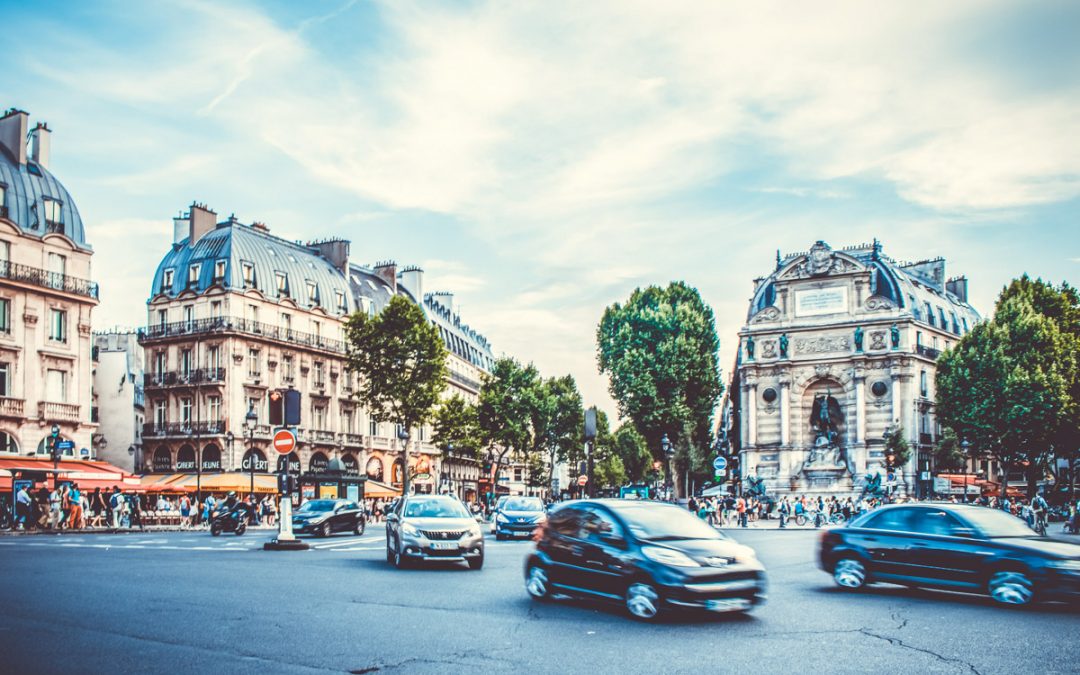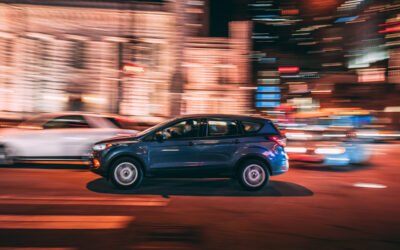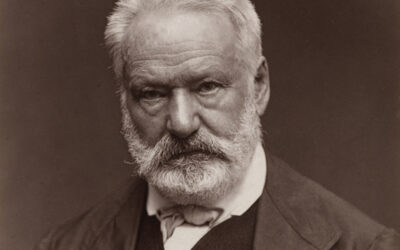Paris town hall puts motorists in line. Since August 30, the speed has been limited to 30 kilometers per hour.
This decision affects almost all of the streets of the capital, with the exception of the ring road (70 km/h), certain major roads such as the boulevards des Maréchaux, two portions of the quays of the Seine, several roads in the Bois de Boulogne and Vincennes and, finally, a handful of arteries in western Paris (Champs-Elysées) and the 50th and XNUMXth arrondissements (XNUMX km/h).
For the rest, particularly for the Marais, this means a limit of 30 km/h everywhere.
This limitation makes 39% of Parisians cringe. And it hardly convinces. According to the ecological transition agency (Ademe), this measure is not necessarily effective in combating air pollution. A 2014 study indicates that “above 70 km/h, speed reductions have a rather positive effect on particulate and nitrogen oxide emissions. Below 70 km/h, this effect is rather negative.
In practice, the situation is more complex since it is necessary to take into account the effect of the speed limit on congestion. Going from 80 to 70 km/h of a congested road goes in the right direction for air quality, because it promotes traffic flow. However, an a posteriori evaluation would be necessary to carefully assess the real effects on air quality. »
The position of Paris town hall is obviously different. According to her, it is above all a question of promoting soft mobility (walking, cycling, public transport, scooters) and fighting against noise and air pollution.
To achieve this, we must reduce car use, even if the increasing number of electric or hybrid vehicles are silent and non-polluting.
For David Belliard, the deputy mayor in charge of Transport and Roads in the capital, “the change from 50 to 30 km/h will improve the safety of everyone in public spaces and will make it possible to reduce the number of serious accidents, noise pollution and adapting the city to climate change ».
Without excessive enthusiasm, the reduction to 30 km/h is, according to a survey commissioned by the city of Paris, welcomed positively by 59% of Parisians and 36% of Ile-de-France residents. No doubt because they have noticed for a long time that, as an old refrain said, “in Paris, on bikes, we overtake cars”.
At certain times, and on certain roads, the average speed is only 15 to 17 km/h!
Text: Katia Barillot
31.08.21
NEWS, IT'S THIS WAY
Notre-Dame: dismantling of the scaffolding has begun
The gigantic repair project at Notre-Dame de Paris cathedral is coming to an end. The dismantling of the spire scaffolding has begun. It is visible again with, at its top, a rooster which sits in majesty. In ten months, visitors will be able to return to the places whose reopening is planned...
Vote on SUVs: The results in Paris-Centre
Paris voted against SUVs. But only 6% of residents went to the polls. Of the 1 Parisians registered, 374 took part in the ballot. With 532% of votes in favor, the majority expressed their desire to tax these behemoths of the Parisian streets.
For or against SUVs vote on February 4, 2024
In the debate on traffic in Paris, the question of SUVs gives rise to lively discussions. Some advocate a ban because of their environmental impact and their congestion in the city.
NOW ON THE MOOD MARSH
Victor Hugo, the writer with a thousand talents
Born in 1802, Victor Hugo became a social writer, a playwright, a poet, a novelist and a romantic designer. Nicknamed the man-ocean then the man-century, he is a political figure and a committed intellectual. He found success with Notre-Dame-de-Paris in 1831 and with Les Misérables in 1862.
The best tattoo parlors in Marais
Tattooing, an age-old practice, has long been the prerogative of convicts, dock workers, the underworld and sailors. Although it has become democratized, now affecting all profiles and concerning one in five French people, including 16% women compared to 10% men, it still remains taboo due to its definitive and transgressive nature.
Juliette Drouet actress, muse and mistress of Victor Hugo
At 14 rue Sainte-Anastase, from 1836 to 45 and at 12 from 1845 to 48, a few hundred meters from Place des Vosges, lived the muse and lover of Victor Hugo, Juliette Drouet née Julienne Gauvain.







